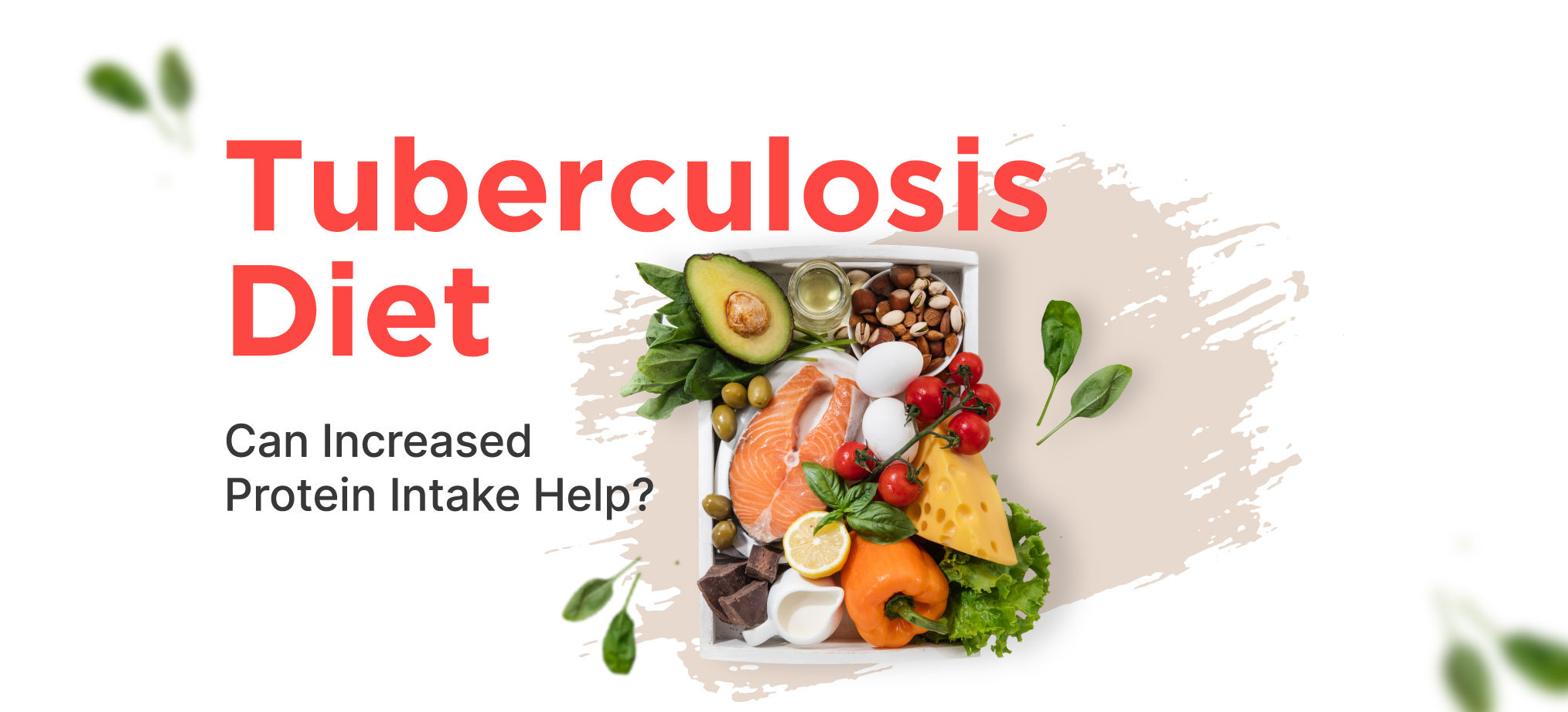General Health
Which Is The Best Oil For Cooking?
3 min read
By Apollo 24|7, Published on - 04 April 2022, Updated on - 19 April 2023
Share this article
0
96 likes

Be it frying, baking, or sauteing, cooking oil is frequently used in an Indian kitchen. While refined oil is the most commonly used oil for cooking, it may not be healthy for your heart and other vital organs. Refining of oil is done to increase its shelf life, however, the process also removes some nutrients from the oil, making it unhealthy. Read on to find out the healthy cooking oil options.
Which cooking oils are considered healthy?
Research by Harvard’s School of Public Health has revealed that most plant-based oils contain unsaturated fats (both monounsaturated and polyunsaturated fatty acids), which are considered healthy for the heart. As per the Harvard Medical School, people should use unsaturated fats that are liquid at room temperature, for cooking as they are associated with a lower risk of developing heart diseases. Let’s look at some of the heart-healthy cooking oils.
1. Olive oil
Olive oil is popularly used as the source of fat in the Mediterranean diet. Studies have shown that consumption of olive oil can help in increasing the levels of good cholesterol (HDL) and improve the absorption of fat-soluble antioxidants such as vitamin E, C and flavonoids. One can either use it for cooking or as a salad dressing.
2. Canola oil
Canola oil has low saturated fats and is rich in monounsaturated fats, which helps in reducing the levels of bad cholesterol (LDL), thus preventing heart diseases. Canola oil also contains vitamin E and K, which are essential to maintain a healthy blood flow to the heart and other vital organs.
3. Sunflower oil
Sunflower oil is high in polyunsaturated fat, which helps in preventing heart attacks and strokes by lowering the levels of bad cholesterol in the body. Studies indicate that sunflower oil also reduces inflammation in the body, which can otherwise damage the blood vessels and result in heart attacks.
4. Peanut oil
Peanut oil is a natural, cholesterol-free oil that is rich in unsaturated fats. Peanut oil also contains antioxidants and vitamin E that protects the cells from oxidative damage. However, it is advised to use peanut oil in moderation as excess consumption can be harmful.
5. Safflower oil
Safflower oil contains polyunsaturated fats such as linolenic and linoleic acids that prevent cholesterol buildup in the arteries, thereby reducing the risk of developing heart diseases. Safflower oil also prevents abnormal clotting of blood and lowers blood pressure.
6. Soybean oil
Research reveals that soybean oil consists of polyunsaturated fats such as oleic acid, which helps in lowering the levels of bad cholesterol and reduces of risk of developing coronary heart disease. It also contains vitamin E and K, which help in keeping the blood vessels healthy.
Tips to handle oils
- Never overheat or burn the oil as it loses all the nutritional value and gives the food an unpleasant taste.
- Do not reuse heated oils.
- Store oils in dark coloured glass bottles and away from direct sunlight.
Takeaway
People should use unsaturated fats, found in plant-based oils and omega- 3 and 6 fatty acids, as they lower triglyceride and cholesterol levels in the blood, thereby reducing the risk of heart diseases. Those with pre-existing medical conditions such as hypertension or heart diseases should consult their doctor before switching their cooking oils.
Need to know which cooking oil is best for you?
General Health
Leave Comment
Recommended for you

General Health
Epithelial Cells in Urine: Normal Range, Causes & Health Risks
Epithelial Cells in Urine may indicate infections or kidney issues. Learn about the normal range, causes, and health implications for better diagnosis.

General Health
Tuberculosis Diet: What Should You Eat and Avoid Eating
food diet for tuberculosis patient, tuberculosis food to avoid, diet chart for tuberculosis patient, tuberculosis diet chart

General Health
Chickenpox In Adults: Symptoms, Treatment, Vaccination
Learn about chickenpox in adults: Discover symptoms, risk factors, treatment options, and the importance of vaccination for prevention.
Subscribe
Sign up for our free Health Library Daily Newsletter
Get doctor-approved health tips, news, and more.
Visual Stories

Plant-based Foods That Are a Great Source of Iron
Tap to continue exploring
Recommended for you

General Health
Epithelial Cells in Urine: Normal Range, Causes & Health Risks
Epithelial Cells in Urine may indicate infections or kidney issues. Learn about the normal range, causes, and health implications for better diagnosis.

General Health
Tuberculosis Diet: What Should You Eat and Avoid Eating
food diet for tuberculosis patient, tuberculosis food to avoid, diet chart for tuberculosis patient, tuberculosis diet chart

General Health
Chickenpox In Adults: Symptoms, Treatment, Vaccination
Learn about chickenpox in adults: Discover symptoms, risk factors, treatment options, and the importance of vaccination for prevention.